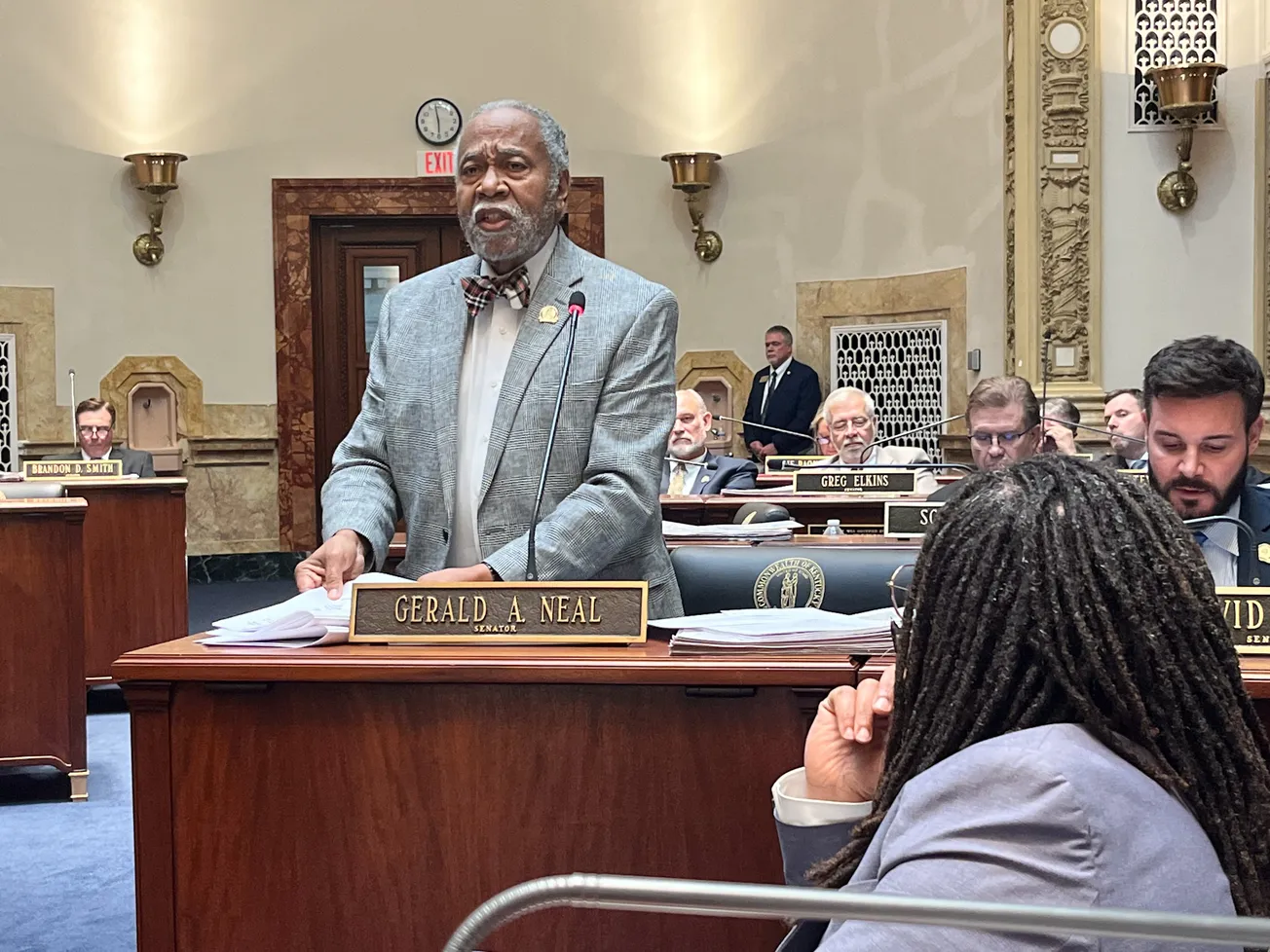Legal experts seem to agree that Donald Trump “can secretly pardon whomever he wants on his last night in office and have those ‘get out of jail free’ cards available if needed. Given the pardon granted Richard Nixon, the scope can be broad.”
In a January 14 article, The Hill explained:
“The clause granting presidential clemency power does not require a pardon to be publicly revealed: Article II, Section 2 merely says the president ‘shall have the power to grant reprieves and pardon offenses against the United States, except in cases of impeachment.’ This section contains no other restrictions on presidential pardoning power.”
But can Beshear issue secret pardons? Not a chance.
The debate about pardons in our own Constitutional Convention
In the constitutional debates that preceded the adoption of the current Kentucky Constitution, the delegates made clear their intent to maximize accountability through public access.
Quoting from Debates, Constitutional Convention of 1890:
“Delegate Charles J. Bronston of Fayette County, championed the cause of openness. On November 17, 1890, he declared:
‘Let the Governor publish those letters to the world; and let each and every man within the borders of Kentucky read them … To prevent the indiscriminate application to the Governor … let it be understood that when a letter is written, it is not to go into a hole in the Executive Office, but it is to be spread on the record, and read by each and every man in the Commonwealth of Kentucky.’
“And later:
‘[T]ake the Executives out of the murky pool wherein these men, from personal interests, are constantly pouring into their ears false statements and making the law trampled under foot and degraded. Place them above it. Let them understand that they are to be held responsible.’
“The amendments were seen as a way to ‘improve [the] people … [by] enlighten[ing] that people,’ and as a means of ‘purifying the evidence that may be brought before [the Governor], that those interested may know his reasons for so exercising this high and dangerous trust, and that he may be shielded from misrepresentations by those interested in securing his clemency.
“In sum, Delegate Jep C. Jonson of McLean County stated, ‘[T]he act of the Governor in making these remissions is a public act, and … no sort of private influence can properly enter into his consideration as to whether he ought to grant or withhold a pardon.’”
The current Constitution
Section 77 of the current Constitution expressly provides that the Governor:
“Shall have power to remit fines and forfeitures, commute sentences, grant reprieves and pardons, except in case of impeachment, and he shall file with each application therefor a statement of the reasons for his decision thereon, which application and statement shall always be open to public inspection. (Bold added) In cases of treason, he shall have power to grant reprieves until the end of the next session of the General Assembly, in which the power of pardoning shall be vested; but he shall have no power to remit the fees of the Clerk, Sheriff or Commonwealth’s Attorney in penal or criminal cases.”
In 2001 the Kentucky Attorney General issued an open records decision from which these quotations are drawn. The Attorney General determined that former Governor Patton violated the open records law in denying a request from Associated Press reporter Charles Wolfe “to inspect applications for executive pardons and/or commutations, plus correspondence supporting or opposing the applications.”
The Attorney General held that “Section 77, and the ends of justice, mandate disclosure of the application and supporting materials upon receipt in the Governor’s Office [and] that the statement of reasons must be disclosed upon execution of the written instrument granting or denying the application for pardon.”
This question is well-settled in Kentucky that pardons “shall be spread on the record, and read by each and every man in the Commonwealth of Kentucky.”
Note: This analysis will not be altered by SB 89, sponsored by Sen. Chris McDaniel (R-Taylor Mill). McDaniel proposes to amend Sections 77 and 240 of the Kentucky Constitution by limiting the Governor’s ability to grant pardons and commute sentences “[f]or the period beginning thirty days prior to the date of the gubernatorial election and ending the fifth Tuesday succeeding the election.” SB 89 does not modify the Constitutional requirement that pardons “shall always be open to public inspection.”
–30–








